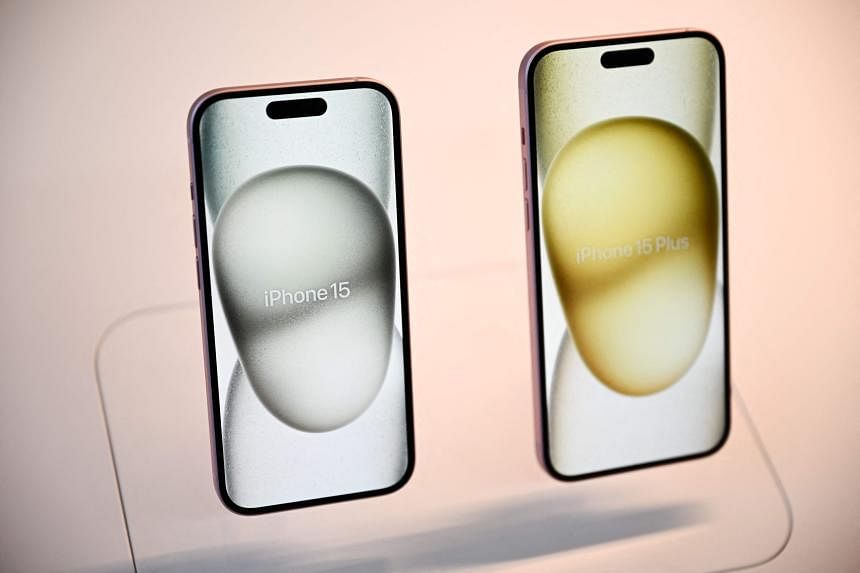SO. MUCH. THIS.
Ok but first manufacturers must “rethink” planned obsolescence and right to repair
Smartphones have been “good enough” for a while now. Enough power and battery to do all the things needed for enough time before running out of battery.
IMHO there are 2 reasons we still regularly upgrade.
- “Obsolescence” wether it would be perceived new hardware features or just new software not being available
- Use/breakage (I include batteries dying in that) with no reasonable way to replace parts
I’ve had a few phones over the years some of them I “legitimately” just broke (one had a cracked mb after a bike accident) I broke my second to last phone trying to replace the battery (thought I would be able to, broke the screen). The fact that everything is glued down and made to not be replaceable irked me so much that my current phone is a Fairphone. Replacing the battery takes 1 minute and requires no tools. Replacing the screen takes like 5 min and 8 screws. I plan on using this phone for at least 5 years more if possible. But I understand not everybody can shell out 600 dollars for an “OK” phone.
If only new batteries were easily swappable…
flip phones have those, but i’ve never had to swap one. the longest i’ve had one before it broke was ~ 7 years and a charge still lasted about half as long as when it was new (2 weeks vs 4).
they actually fit in a pocket and last a lot longer between charges. i don’t ‘need’ the internet on me 24/7, so i’ll keep getting those as long as they’re still made.
Yes, I have one of those as well, but a smartphone is something I carry anyway.
Guilty as charged. I get a new phone about every two years. Do I need a new phone every two years? Absolutely not. All essential features work just fine on older devices. Why do I still do it? Probably because I’m too enthusiastic about new hardware.
I hand down my old devices to family members, and when I hand a device down, the receiver hands their device down to another family member. So the phones I purchase are actively in use for at least six years. 6 years is around the point where Apple drops support for major new iOS updates, and eventually also security updates. Batteries get old and replacement costs tend to get very close to the remaining value of the device itself.
I’m not trying to justify buying a new smartphone for myself every other year, but there’s only so much you can do as a consumer. Sure, there are aftermarket ROMs for many Android devices that extend software support, but that’s hardly something everyone can install and maintain. You can get replacement batteries from trustworthy brands for fairly little money, but then you either have to replace them yourself (which isn’t trivial for many people), or pay someone more money to replace it for you.
In my opinion, only a small (or at least lesser) portion of the blame is on the consumer. The EU and other governing bodies need to step in and require manufacturers to:
- Provide at least 10 years of software updates. This doesn’t have to include a ton of new features, but it should include compatibility updates (so newer versions of apps run just fine) and obviously security updates. Some people use devices with hopelessly outdated software and they are fine with it, but I’d say up-to-date software is very important nowadays (look at the recent WebP bug for example).
- Provide replacement parts, especially batteries, for at least 10 years without a profit margin, including a service that replaces these parts - again without profit margin.
- Make batteries user replaceable. The EU is already demanding this, so give it a few years and we’ll hopefully get at least that.
- As a bonus, make phones modular and upgradable. Framework shows how it can be done for laptops, I’m sure it’s possible to miniaturize this to smartphones, even though this probably has its limitations.
If all this is in place we can start blaming the average consumer.
Still, people like me aren’t completely innocent, I’ll admit that. I know that I’m just fine using older devices. I used a first generation iPad Pro 12,9" for a long time. I think it had a dual core A9X SoC. I eventually upgraded to an M1 iPad Pro and sure, the old device was way slower (or rather the new device was a lot faster), but I’m not doing anything with the new iPad that the old one couldn’t handle somehow.
You could maybe even put a small portion of the blame on developers (or rather, people in charge at software companies). Many apps use frameworks like React Native to port their apps to mobile, and while it’s better than Electron, it’s still nowhere near as efficient as a true native Swift UI or Android (don’t know how their current UI framework is called) app. Huge companies that clearly have the budget to make individual, native apps for each platform rarely do this anymore (Discord, Instagram, …). Building efficient apps would likely make customers less annoyed that their old phone is “getting slower”.
I think it’s weird to get enthusiastic abount something and then bored with it in two years.
If it was worth getting enthusiastic about, wouldn’t it last me longer? Lol.
It’s good practice to buy at least one or two new smartphones per year.




